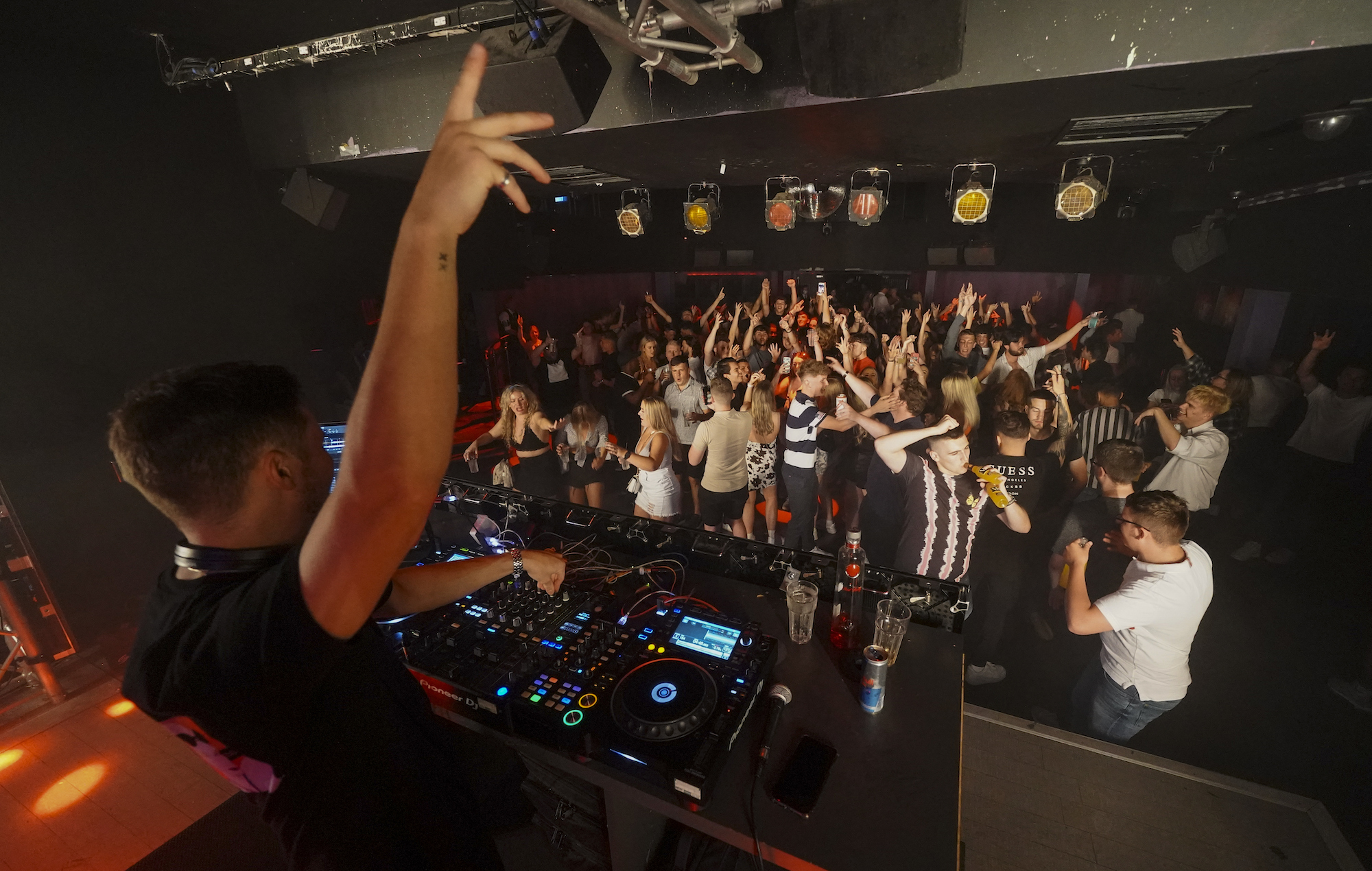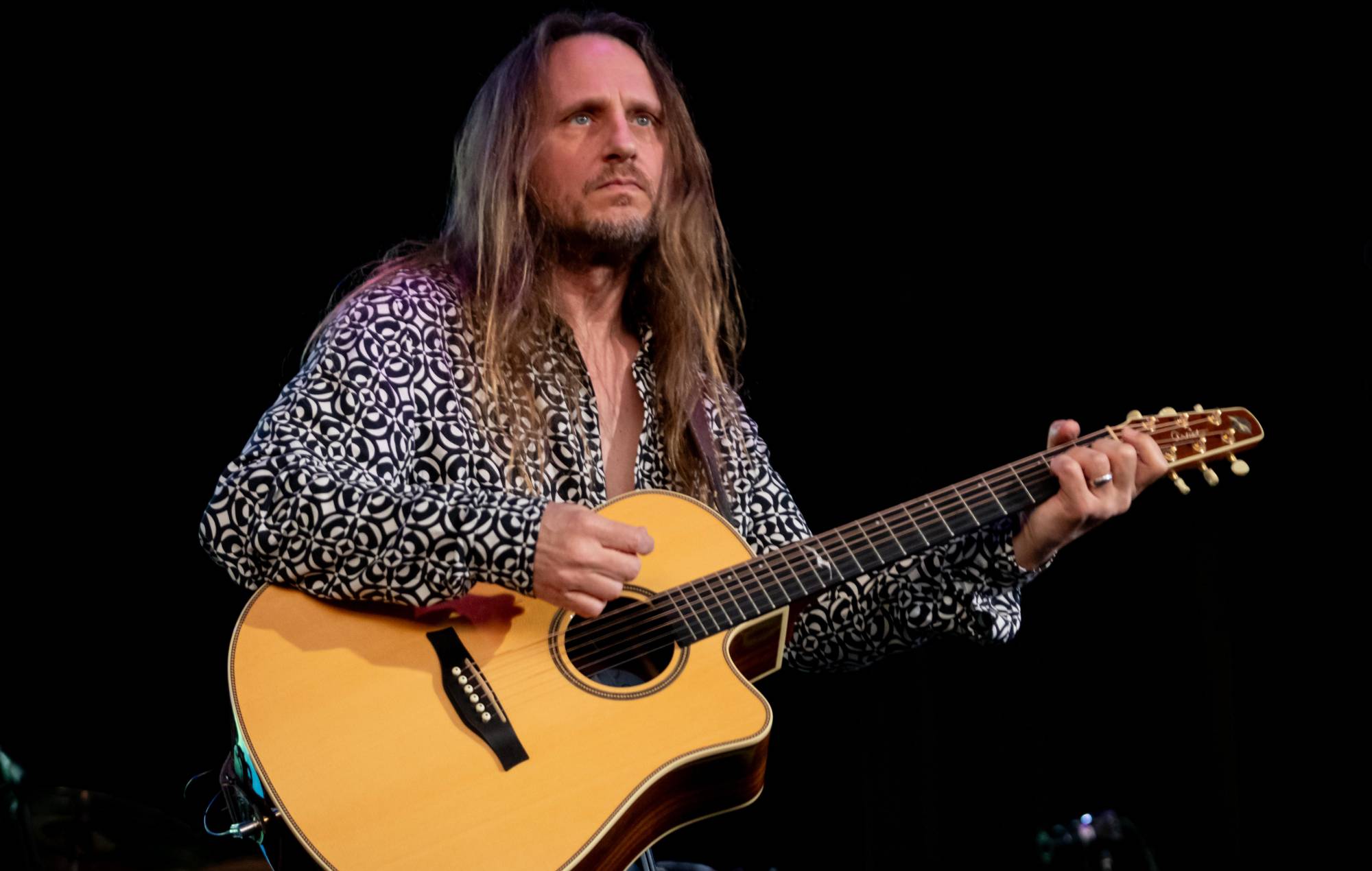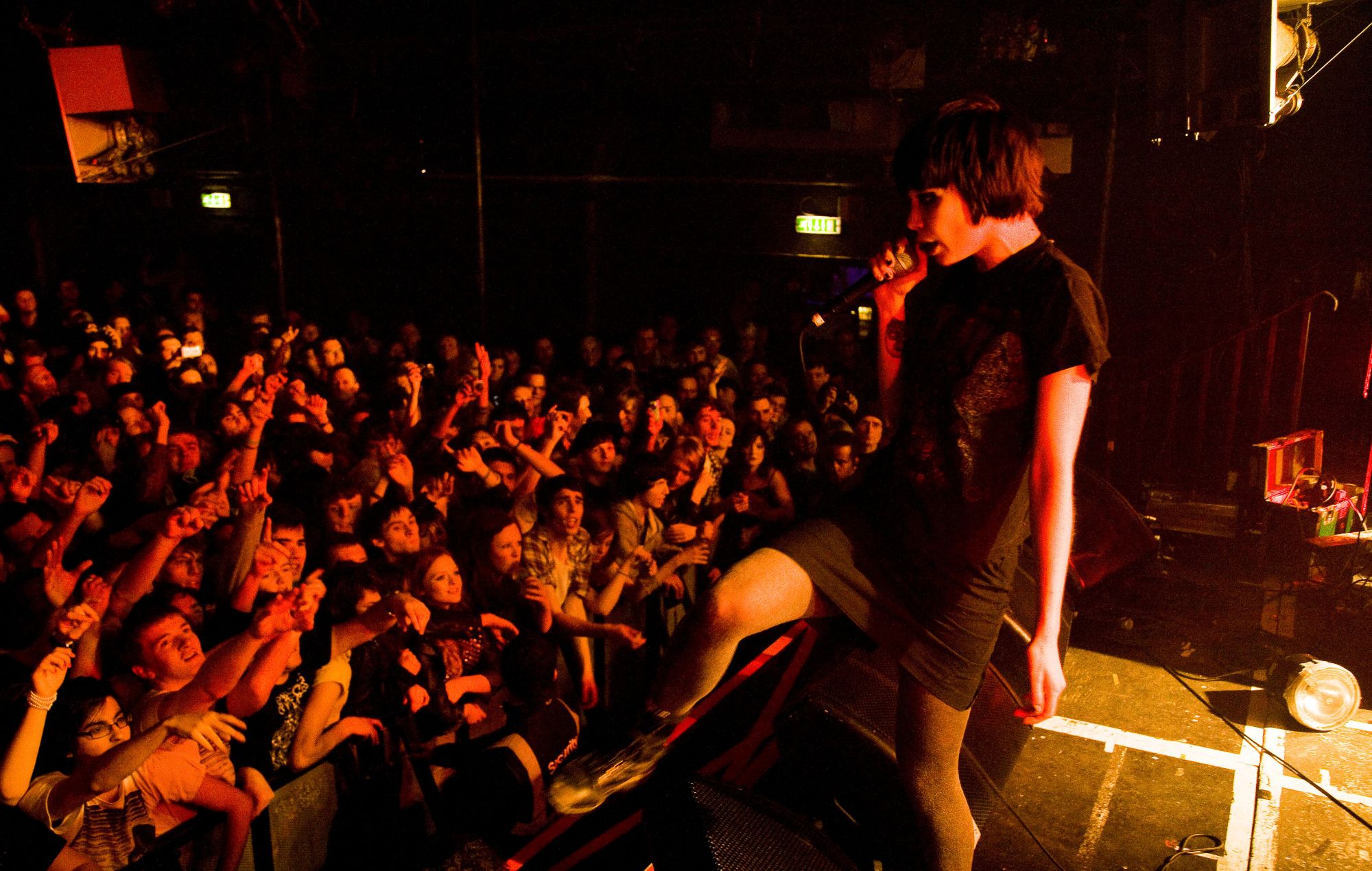
Nightclubs in Scotland will close for three weeks from December 27 amid concerns over the Omicron variant of COVID-19.
Yesterday (December 22), Public Health Scotland reported an estimated 22,000 cases of the latest variant of the virus had been recorded in the country as of December 19. Of those, only 10 people had been admitted to hospital.
- READ MORE: Music venues and nightclubs “on the brink of collapse” and demand “immediate” government action
Following tighter restrictions being introduced for large events and hospitality venues earlier this year, a new law has now been announced that will see nightclubs shuttered for three weeks. According to Deputy First Minister John Swinney, clubs can avoid closing by operating as a bar, but they would need to enforce physical distancing and only serve customers via table service.
“We consider that closure in regulations, combined with financial support, may reduce losses and help these businesses weather what we hope will be a short period until they are able to operate normally again,” Swinney said, according to the BBC.

Funding will be given to businesses affected by the new law, but details of what that financial support will entail exactly have not yet been confirmed.
Member of Scottish Parliament Murdo Fraser criticised that move, saying Swinney “should have spelt out the exact details of the support package that will be given to nightclub businesses”.
“The SNP government has been given an extra £440m in assistance from the UK government,” Fraser added. “They need to get that money out the door and into the hands of beleaguered Scottish businesses immediately.”
Clubs in Scotland were forced to stay closed until August 2021 following the initial outbreak of COVID-19 in 2020. Vaccine passports were also brought into operation in October, although the Scottish government announced the end of that programme in November, with proof of a negative test set to replace it from December 6.
Earlier today (December 23), it was also announced that Wales would introduce new social distancing rules and restrictions on venue capacities from Boxing Day. No more than six people will be allowed to meet in pubs, cinemas, restaurants and other hospitality and entertainment venues.
Outdoor events will have their capacity capped at 50 people, while indoor events’ capacity will be capped at 30. Two-metre social distancing rules will also be enforced in all public spaces.
On December 8, the English government announced new restrictions including the mandatory use of face masks and COVID passports required for entry to gigs, nightclubs, theatres and cinemas as cases of Omicron continued to rise. Since then, 86 per cent of grassroots music venues have reported negative impacts on their businesses, with 61 per cent forced to cancel at least one event due to touring party members testing positive for COVID, functions being cancelled by organisers or poor ticket sales.
Attendance at live music events across England has dropped by 40 per cent with over 140,000 “no shows” from ticket holders, resulting in a 27 per cent decrease in gross income. The Music Venue Trust has called the government’s response, which saw chancellor Rishi Sunak bring forward a £1billion support package for those affected, “woefully inadequate”. Sunak’s package includes one-off grants of £6,000, the reintroduction of the Statutory Sick Pay Rebate Scheme and an additional £30million for the previously announced Cultural Recovery Fund.
Speaking to NME, managers of venues across England called the latest restrictions “a lockdown by stealth” and criticised the support package being offered. Stacy Thomas, manager of London pub and music venue The Lexington said: “To put that into perspective, £6,000 is two weeks [of] rent at The Lexington. That’s not including business rates, which are £5,000 per month.
“What the government is [giving is] barely touching the sides and is about as next to pointless as you can get. We’ll take anything we can get and it’s appreciated of course, but it’s not going to keep us open.”
Music fans can support their local music venue by purchasing official merchandise, while NME readers can also help and get £10 off packs of Fightback Lager.






